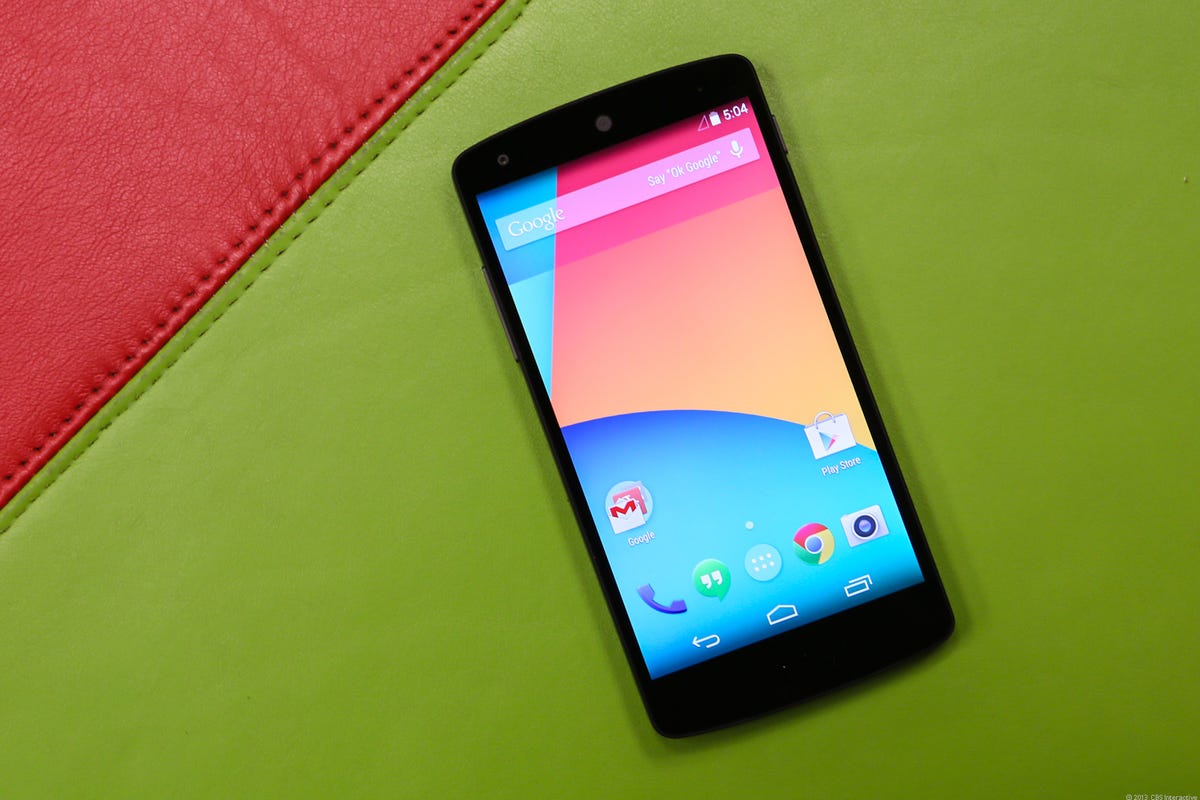Chrome for Android has been available for more than a year, but the improvements it offered over the operating system’s more basic browser weren’t available to developers who wanted to draw upon the browser’s abilities for their own native apps.
Until now.
With the KitKat release of Android, Google updated a programming interface called WebView so it now employs Chrome instead of the earlier WebKit-based browser. That enables apps with many modern browser features such as WebRTC for real time audio and video chat, WebGL for accelerated 2D and 3D graphics, and a full-screen option.
The new WebView also brings “a dramatic upgrade of V8 for top-end JavaScript performance,” which means a lot of browser-based apps should run faster, according to a blog post by Chrome team members Jonathan Dixon and Ben Murdoch.
Related stories
- As Worries Grow Around Russian Cyberattacks, Update Your Operating Systems
- Google tightens grip on Android data, Apple Arcade pricing
- All the different Android versions through the years
- Every Android version from the T-Mobile G1 to Android Pie
- How to use Android’s new screenshot tool
Many apps are written for Android and iOS using those operating systems’ native programming interfaces. But for programmers who need to support many devices, programming with Web standards brings cross-platform benefits. The operating systems each include a built-in browser engine that lets programmers rely on Web standards for many tasks such as arranging text fields and buttons on the screen. With this approach, apps also can reach other mobile OSes such as Windows Phone, Ubuntu Touch, Firefox OS, or Tizen more easily via those apps’ browsers.
KitKat’s WebView is based on Chrome 30, according to Google’s FAQ on the matter. That’s also the currently shipping stable version of Chrome.
Improving the Web-app abilities of native apps also helps Google drive its long-term vision of improving the Web as a programming foundation. The more programmers can do and the faster the apps run, the more likely they are to use the Web standards. That helps bring about a browser-based future such as what’s front and center on Chrome OS devices.
A Chrome-based WebView has been a much-requested item from developers. A total of 403 people starred a request for the feature on the Chrome bug tracker. In response to the new support and KitKat, several praise Google. But that doesn’t mean there isn’t room for improvement.
One issue is the pace of new improvements. When Google introduced Chrome, it also introduced a very rapid update cycle for the browser that brought new features to the Web relatively quickly. The Chrome-based WebView interface in Android, though, will only be updated with Android releases.


Josh Miller/CNET
That will mean a longer wait before developers can take advantage of the latest shiny new Web standard in their Android apps. However, since this is a service used by operating system apps, some stability is probably appropriate.
Google implied that a faster develop process is possible in its FAQ. “WebView will continue to be tied to releases of the Android platform for the time being. However, sharing code with Chrome for Android will make it easier to keep the WebView up to date,” the company said.
The new Chrome-based Web view obviously is available only in Android 4.4, aka KitKat.
Firefox developer Mozilla has a similar project called GeckoView. It can be embedded directly into apps, and it works on older versions of Android including Android 2.3 aka Gingerbread.
Another feature developers might be interested in: the Chrome-based WebView enables use of Chrome’s debugging tools.



